The first question to ask is when you see slugs on your lawn or spoiling your plant Do slugs eat grass?
The answer might surprise you! You might be surprised to find out that slugs will not eat the grass in your yard, but you might not be surprised by how much damage they can do to the grass and plants in your garden.
Read this article to find out more about these slimy pests and how to deal with them effectively so you can enjoy a healthy and beautiful garden.
Do Slugs Eat Grass?
Slugs are not known to eat grass. If you see a slug near your lawn, it’s most likely just passing through. Slugs will only eat grass seeds and seedlings if they’re hungry enough, which isn’t often because they prefer rotting vegetation.
If you want to keep slugs away from your garden, it’s best to use a product that is safe for humans and pets such as Sluggo or a few drops of dish soap in water. It can be a pain removing the slimy creatures, but your plants will thank you for it.
Other than attacking plants, slugs like to burrow into damp ground or foliage and cause trouble for people and animals who come across them. Slugs reproduce rapidly so you might find them congregating around moist spots all over your yard!
Are Slugs Bad For Your Grass?
Slugs are not only bad for the quality of your grass, they can also carry diseases that can be transferred to your plant to plant. This is why it is important to eliminate slugs from your garden.
There are many ways to get rid of slugs in your garden, but one of the most common solutions is a copper barrier.
Copper barriers are made up of copper tape or wire, and this should be placed around the perimeter of your garden, with a few inches overlap. The copper prevents any slugs from crossing over into your plants, and will eventually eliminate them altogether as they make their way across it.
Slugs are a common pest that can be found in many yards, gardens, and parks. Most people think of slugs as the enemy because they love to munch on plants.
But did you know that slug slime is actually good for your garden?
The slime from slugs coats the leaves of plants and helps prevent moisture loss from transpiration.
This can help keep plants healthy during dry periods in the spring or fall. It also helps protect plants from other problems like frost damage, drought stress, and dust abrasion.
But what about when slugs eat grass? Well, it’s not a big concern if you have a well-maintained lawn with plenty of clover growing nearby.
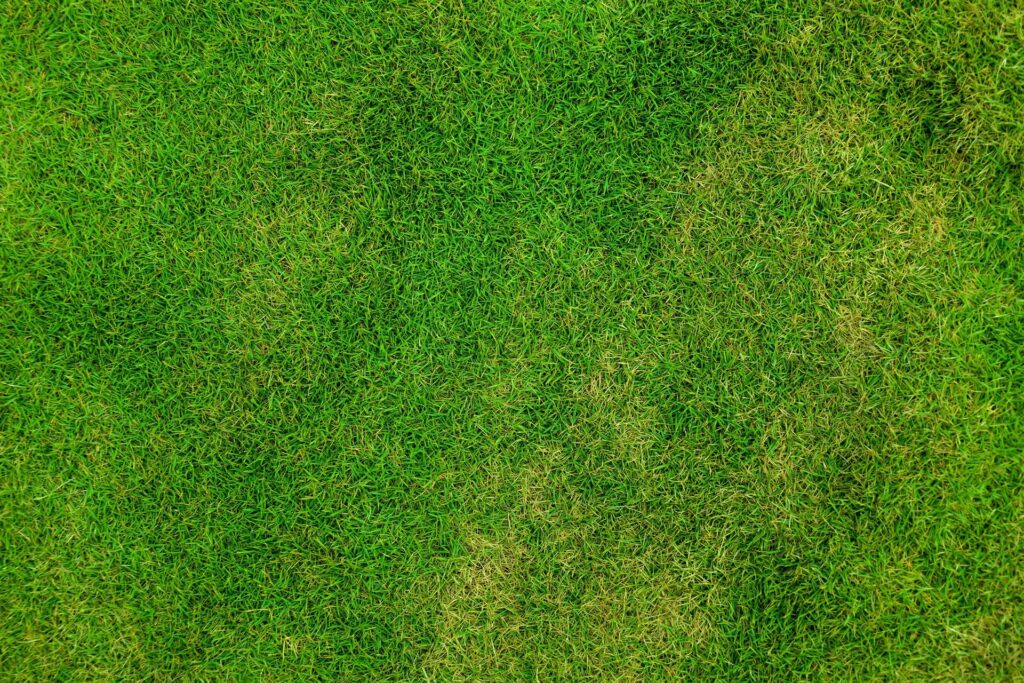
How to Stop Slugs From Eating Grass
If you have a slug problem in your garden, here are some of the more effective methods for keeping them from eating your plants:
Spread diatomaceous earth throughout and around the infested area. Diatomaceous earth is made of small fossilized remains of water plants that are sharp enough to pierce slugs when they crawl across it.
- Use a Slug Trap
If you have a slug problem, there are many things you can do to get rid of them. One way is to use a slug trap.
These traps are inexpensive and easy to install. They work by attracting slugs with bait, such as beer or wine, that is on the ground next to the trap.
When the slugs come over and try to eat it, they will slide down into the jar where they will die from dehydration.
If you want something more natural, you can use nematodes that will kill slugs without harming other animals or humans because they only target snails and slugs.
This is an environmentally-friendly solution for those who care about our environment.
- Encourage Natural Predators
Slugs are not natural predators, but they do have plenty of natural enemies.
Birds and other animals will eat slugs as part of their diet, so if you’re having trouble with slugs in your yard, it might be worth getting a bird feeder or leaving out some food for the local wildlife.
Also, there are species of insects that only prey on slugs. Finally, if you live near the ocean, you might be able to find a slug eater sea slug that can help with the problem.
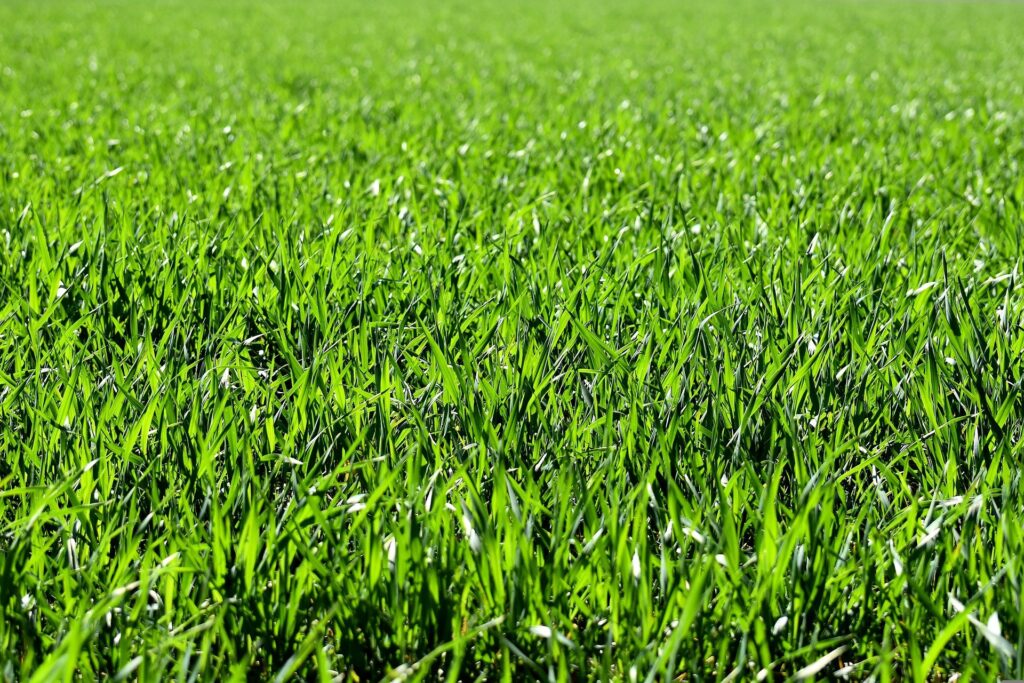
- Use Difficult Terrains
Slugs are the bane of any gardener’s existence, but what most people don’t know is that they don’t actually eat grass.
In fact, sometimes slugs prefer to live in gardens because they thrive in moist areas and can burrow under gravel or mulch to escape the sun and predators.
To prevent slugs from ruining your garden, make sure to use a thin layer of gravel or mulch over moist ground so that they can’t travel around as much.
If you have plants near walls or other objects where it might be difficult for slug prevention methods to work, plant mint, dill or coriander nearby for protection!
- Coffee Grounds
Slugs hate caffeine, which is why coffee grounds are an effective pest control solution for slugs. This means that adding some to your garden can help deter slugs and snails from over-wintering in your garden’s soil and eating the plants during the spring growing season.
Coffee grounds also work because they have a strong scent that many creatures find unpleasant, as well as a bitter taste that they dislike.
- Diatomaceous earth
Spread diatomaceous earth throughout and around the infected area. Diatomaceous earth is made of small fossilized remains of water plants that are sharp enough to pierce slugs when they crawl across it.
It also kills ants, spiders, cockroaches, fleas, and ticks, but it does not harm people or pets.
Diatomaceous earth doesn’t need to be washed off before use because it will continue working for up to 72 hours after application!
Also, Read Does Gravel Deter Slugs?
Bottom Line
Slugs are herbivores meaning that they only eat plants. Slugs are slimy and gross, but they eat a lot of the plants that humans and other animals need to survive.
So, while slugs might not be great for your lawn, they’re important for the environment. They also help break down dead plants into nutrients that can be reused by other organisms.
And don’t worry too much about them eating your garden—slugs will only eat some types of plants, so if you plant the right ones then you’ll have nothing to worry about.
Although they do not eat grass blades but can be able to eat its seeds or saplings which prevent the growth of grass.
Meet Tomas Clayton, a seasoned plant gardener who has been passionate about horticulture since he was a child. Tomas John developed a love for the natural world and a strong appreciation for the beauty of plants while growing up on a farm.

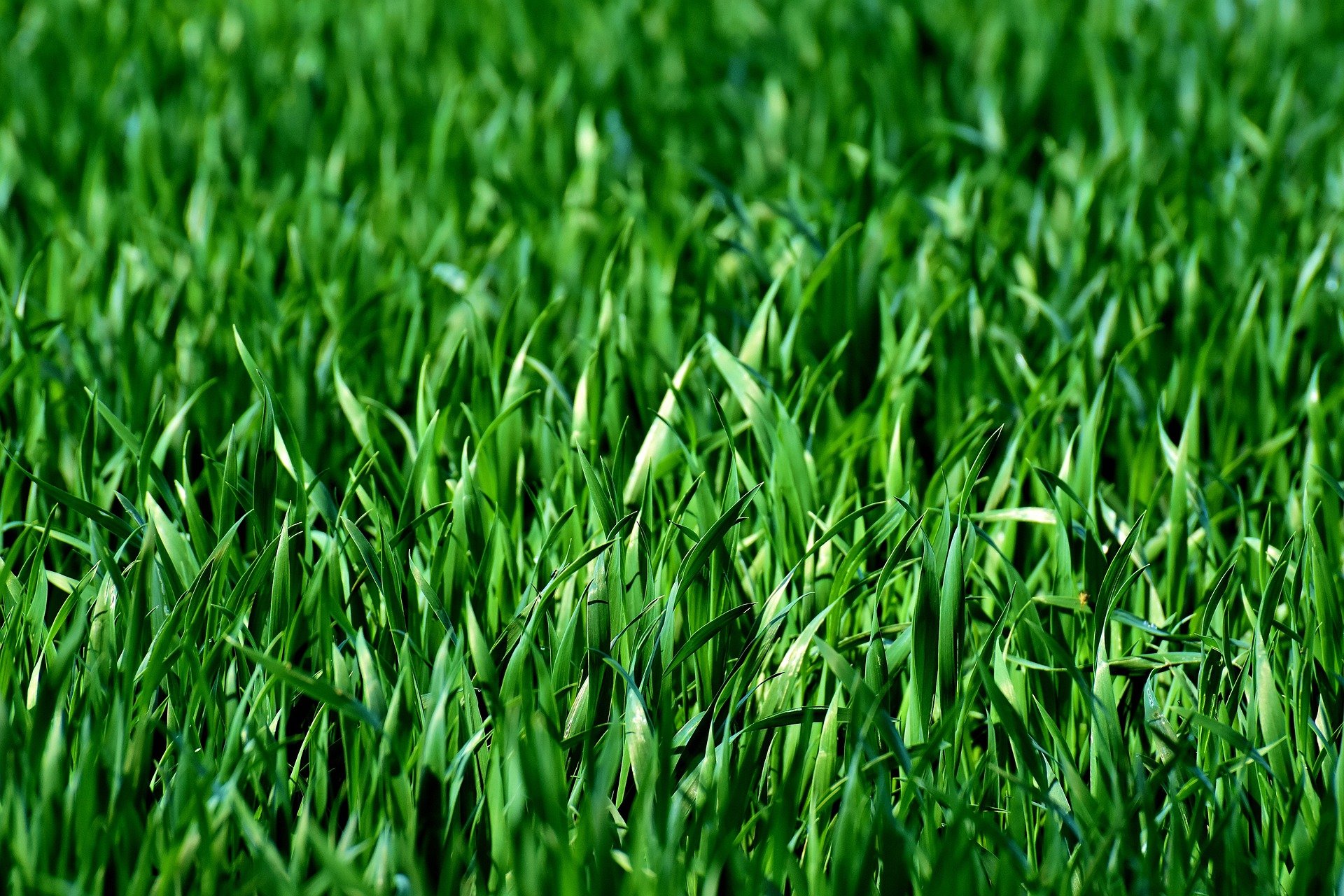


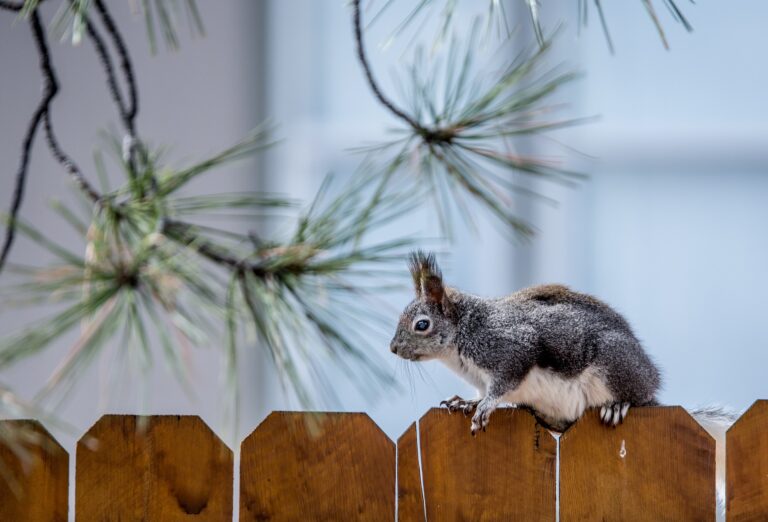
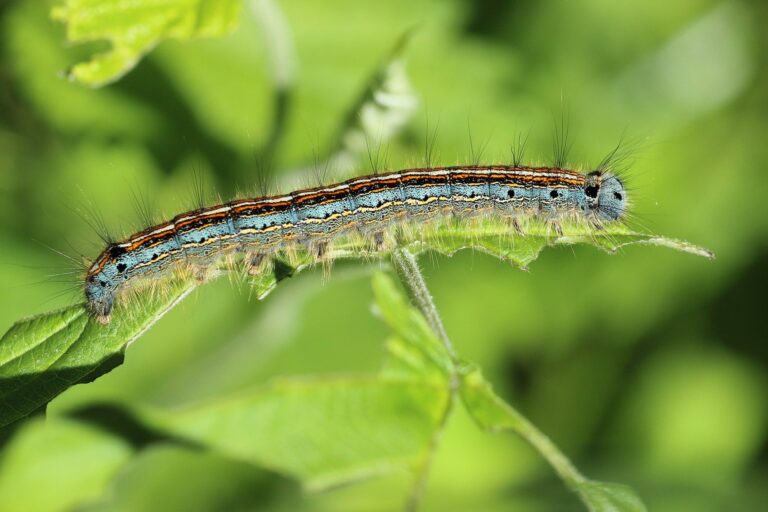
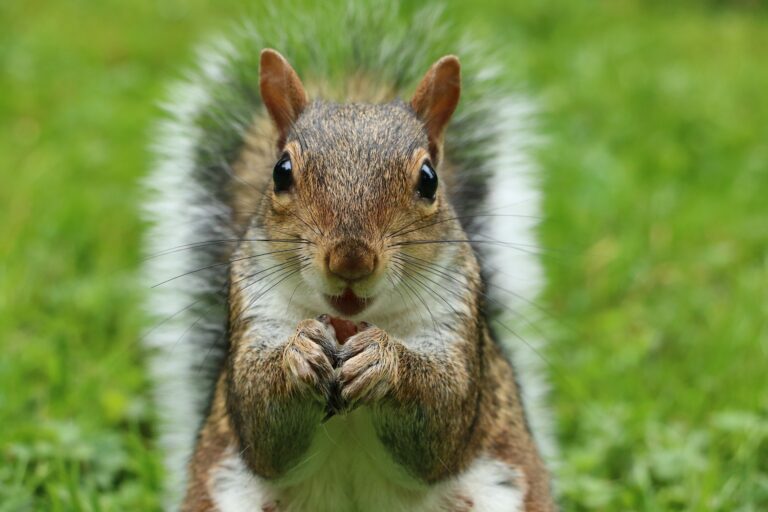
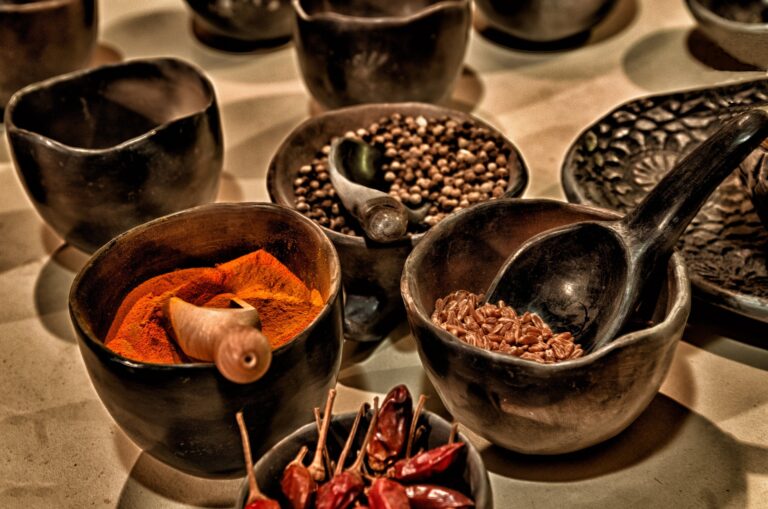
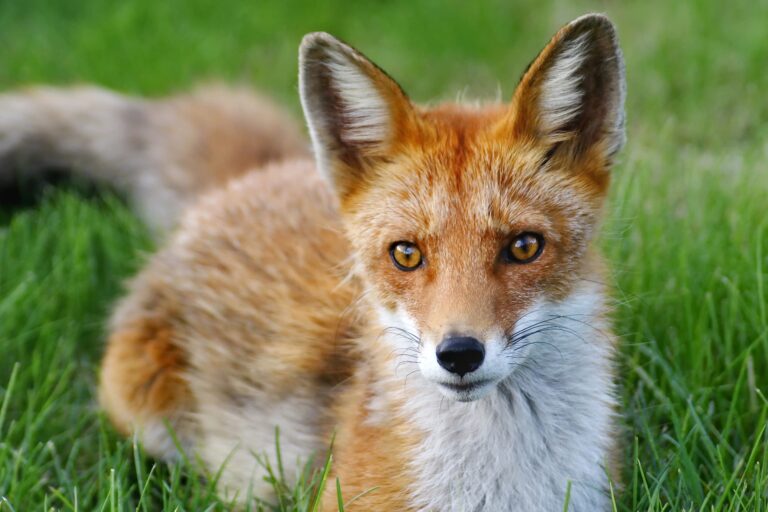
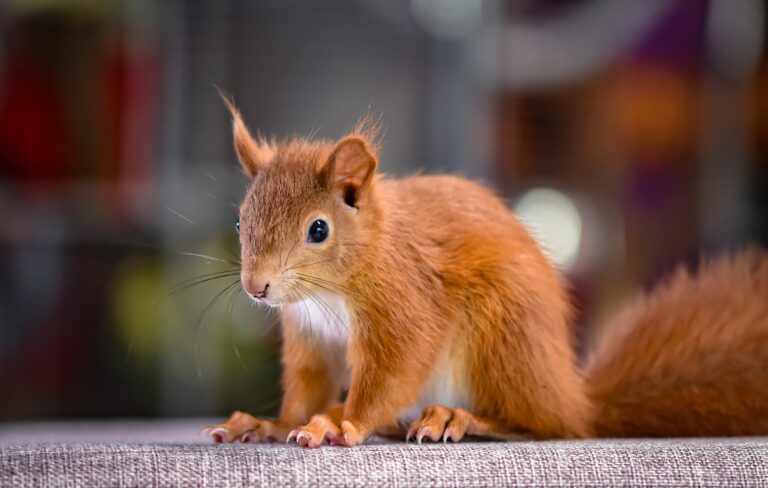
One Comment